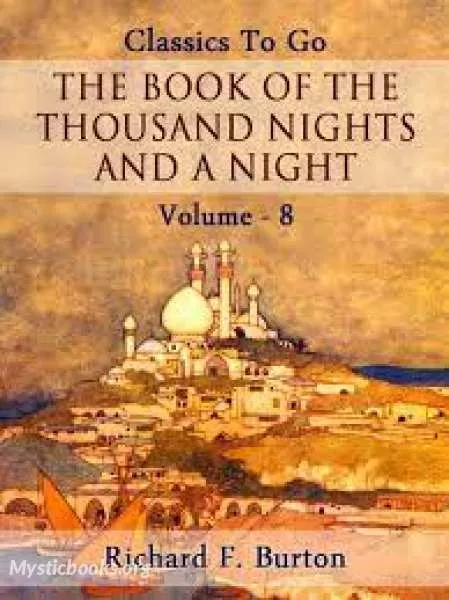
The Book of the Thousand Nights and a Night (Arabian Nights) Volume 08
'The Book of the Thousand Nights and a Night (Arabian Nights) Volume 08' Summary
The main frame story concerns Shahryār (Persian: شهريار, from Middle Persian: šahr-dār, 'holder of realm'), whom the narrator calls a "Sasanian king" ruling in "India and China." Shahryār is shocked to learn that his brother's wife is unfaithful. Discovering that his own wife's infidelity has been even more flagrant, he has her killed. In his bitterness and grief, he decides that all women are the same. Shahryār begins to marry a succession of virgins only to execute each one the next morning, before she has a chance to dishonour him.
Eventually the Vizier (Wazir), whose duty it is to provide them, cannot find any more virgins. Scheherazade (Persian: شهْرزاد, Shahrazād, from Middle Persian: شهر, čehr, 'lineage' + ازاد, āzād, 'noble'), the vizier's daughter, offers herself as the next bride and her father reluctantly agrees. On the night of their marriage, Scheherazade begins to tell the king a tale, but does not end it. The king, curious about how the story ends, is thus forced to postpone her execution in order to hear the conclusion. The next night, as soon as she finishes the tale, she begins another one, and the king, eager to hear the conclusion of that tale as well, postpones her execution once again. This goes on for one thousand and one nights, hence the name.
The tales vary widely: they include historical tales, love stories, tragedies, comedies, poems, burlesques, and various forms of erotica. Numerous stories depict jinn, ghouls, apes, sorcerers, magicians, and legendary places, which are often intermingled with real people and geography, not always rationally. Common protagonists include the historical Abbasid caliph Harun al-Rashid, his Grand Vizier, Jafar al-Barmaki, and the famous poet Abu Nuwas, despite the fact that these figures lived some 200 years after the fall of the Sassanid Empire, in which the frame tale of Scheherazade is set. Sometimes a character in Scheherazade's tale will begin telling other characters a story of his own, and that story may have another one told within it, resulting in a richly layered narrative texture.
Different versions differ, at least in detail, as to final endings (in some Scheherazade asks for a pardon, in some the king sees their children and decides not to execute his wife, in some other things happen that make the king distracted) but they all end with the king giving his wife a pardon and sparing her life.
The narrator's standards for what constitutes a cliffhanger seem broader than in modern literature. While in many cases a story is cut off with the hero in danger of losing their life or another kind of deep trouble, in some parts of the full text Scheherazade stops her narration in the middle of an exposition of abstract philosophical principles or complex points of Islamic philosophy, and in one case during a detailed description of human anatomy according to Galen—and in all of these cases she turns out to be justified in her belief that the king's curiosity about the sequel would buy her another day of life.
Book Details
Authors
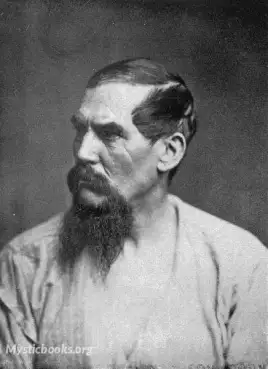
Richard Francis Burton
England
Sir Richard Francis Burton was a British explorer, scholar and soldier. He was famed for his travels and explorations in Asia, Africa, and the Americas, as well as his extraordinary knowledge of langu...
Books by Richard Francis BurtonDownload eBooks
Listen/Download Audiobook
- Select Speed
Related books

Histoires ou Contes du temps passé avec des moralités by Charles Perrault
Histoires ou contes du temps passé, avec des moralités or Contes de ma mère l'Oye (Stories or Tales from Past Times, with Morals or Mother Goose Tales...
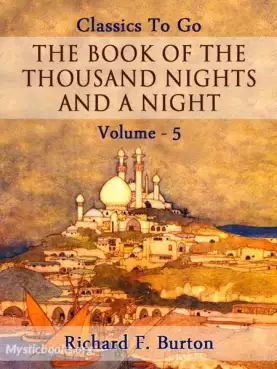
The Book of A Thousand Nights and a Night (Arabian Nights), Volume 05 by Richard Francis Burton
One Thousand and One Nights is a collection of Middle Eastern folk tales compiled in Arabic during the Islamic Golden Age. It is often known in Englis...

Novelas Cortas de Alarcón by Pedro Antonio de Alarcón y Ariza
Antología de nueve novelas cortas de Pedro Antonio de Alarcón.
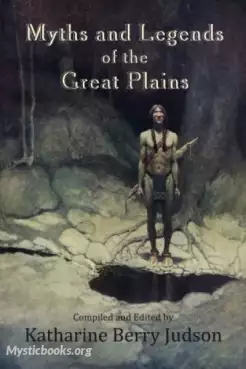
Myths and Legends of the Great Plains by Katharine Berry Judson
Myths and Legends of the Great Plains is a compendium of myths and legends from the Great Plains region of the US. It includes many short stories, and...

Valley of the Giants by Peter B. Kyne
This book tells the story of John Cardigan, a pioneer in a hostile land, and his son, Bryce. John Cardigan is the first pioneer in this land, and he f...

Callista by John Henry Newman
In the third century, a beautiful Greek woman named Callista is forced to choose between her love for a pagan philosopher and her newfound faith in Ch...

Thirty More Famous Stories Retold by James Baldwin
James Baldwin's "Thirty More Famous Stories Retold" is a collection of thirty stories for intermediate readers and listeners of all ages. These storie...
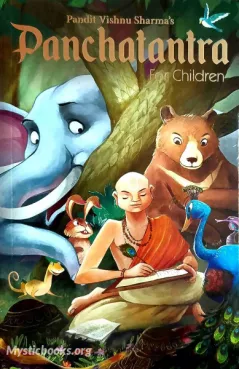
Panchatantra by Vishnu Sharma
Embark on a captivating journey into a world where animals speak, wisdom flows like a river, and life's lessons are woven into enchanting tales. "Panc...

The Marrow of Tradition by Charles Chesnutt
The Marrow of Tradition is a historical novel by the African-American author Charles W. Chesnutt, set at the time and portraying a fictional account o...

The Fortunes of Nigel by Sir Walter Scott
During the turbulent moment in English history involving King James 1 and 6, Nigel Olifaunt, a Scottish lord, seeks to protect his family home and hol...
Reviews for The Book of the Thousand Nights and a Night (Arabian Nights) Volume 08
No reviews posted or approved, yet...